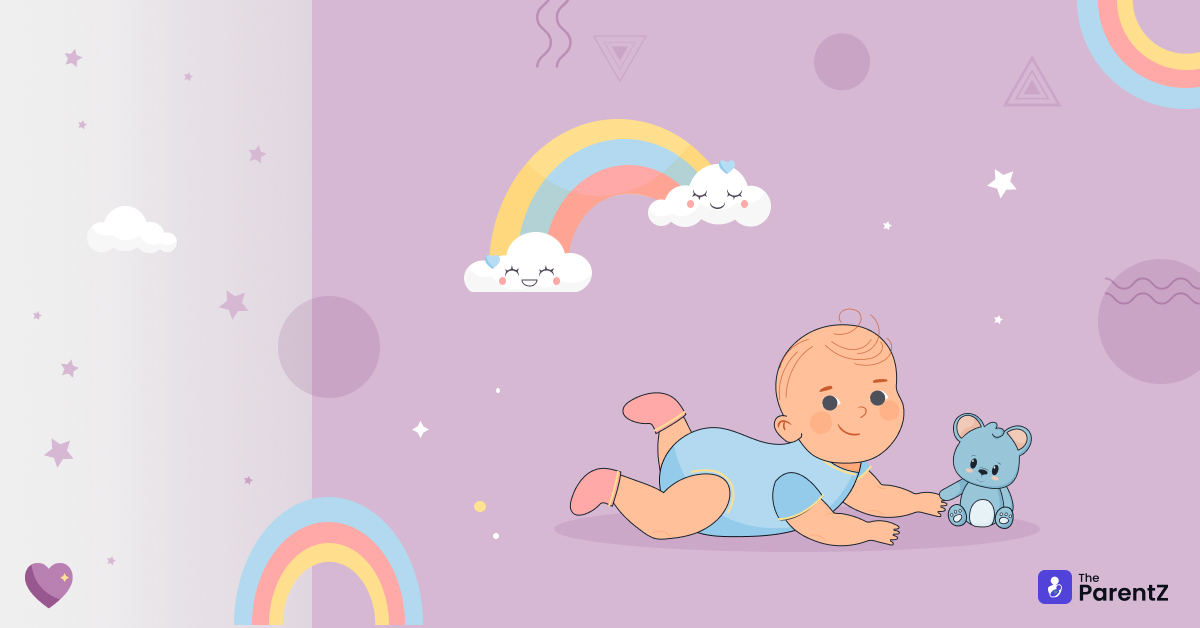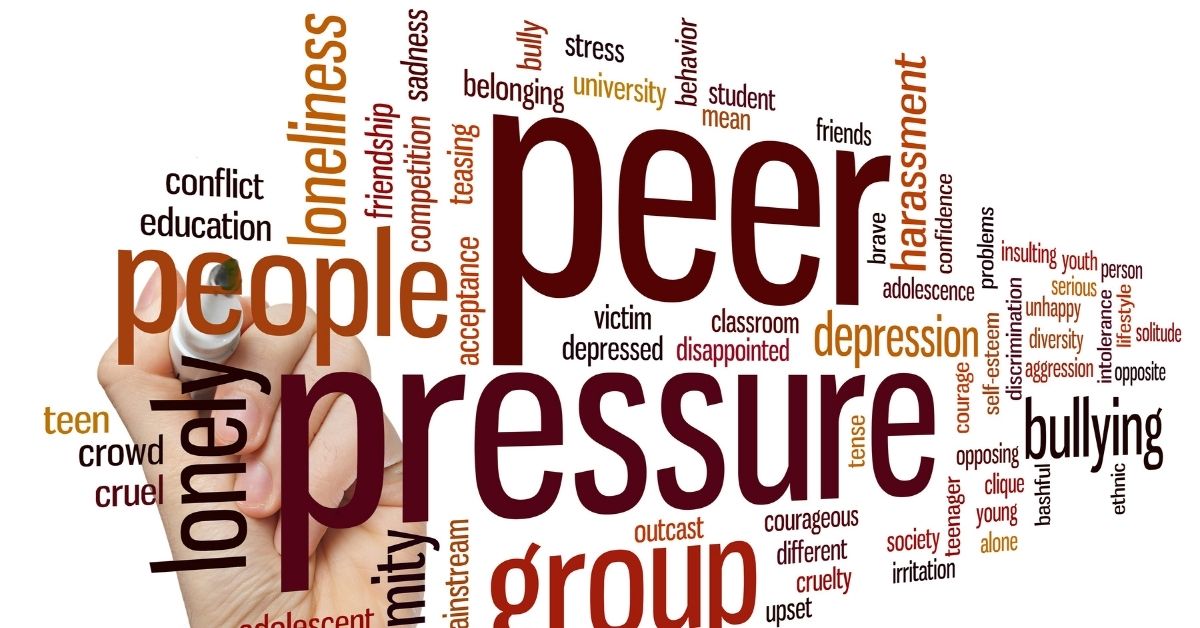Pop culture plays a significant role in shaping children's behavior and attitudes from an early age. As children engage with various forms of media—including television shows, movies, music, video games, and social media—they absorb messages that influence their perceptions of themselves and the world around them. This article explores how pop culture affects children's behavior through identity formation, socialization processes, consumer habits, and exposure to cultural norms.
Identity Formation
One of the most profound impacts of pop culture on children is its role in identity formation. Children often look up to characters from their favorite shows or celebrities they admire as role models.
- Role Models: Characters in pop culture can serve as templates for behavior and values that children may adopt. For instance, superheroes often embody traits like bravery and justice that young viewers may aspire to emulate.
- Cultural Representation: The representation (or lack thereof) of diverse identities in pop culture can significantly affect children's self-esteem and sense of belonging. Positive portrayals can foster pride in one's identity while negative stereotypes can lead to internalized bias or feelings of inadequacy.
- Peer Influence: As children discuss pop culture with peers, they negotiate their identities based on shared interests. This peer influence can reinforce behaviors associated with popular media trends—both positive (e.g., teamwork) and negative (e.g., bullying).
Socialization Processes
Pop culture serves as a vehicle for socialization by providing frameworks for understanding social norms and expectations.
- Behavioral Norms: Media often depicts certain behaviors as acceptable or desirable (e.g., aggression in action films). Children may mimic these behaviors without fully understanding their implications or consequences.
- Language Development: Exposure to pop culture introduces new vocabulary and phrases that shape children's language skills. However, it can also perpetuate negative language patterns such as insults or derogatory terms if not critically assessed by caregivers.
- Conflict Resolution Styles: Media portrayals often depict conflict resolution through aggression or violence rather than dialogue or negotiation. Children may adopt these styles if they do not receive guidance on healthier alternatives from parents or educators.
Consumer Habits
The influence of pop culture extends into consumer behavior as well; companies leverage popular media figures to market products specifically targeted at children.
- Brand Recognition: Children exposed to advertisements featuring popular characters are more likely to develop brand loyalty at an early age. This loyalty can shape their preferences—and spending habits—well into adulthood.
- Materialism: Constant exposure to consumer-driven pop culture can foster materialistic values among children who equate happiness with ownership of branded products rather than intrinsic qualities like friendship or creativity.
- Peer Pressure: As trends emerge within pop culture (e.g., fashion styles), children may feel pressured to conform by purchasing specific items or adopting particular behaviors associated with those trends—sometimes at the expense of individuality or financial prudence.
Cultural Norms
Pop culture reflects—and sometimes distorts—cultural norms surrounding gender roles, race relations, body image standards, etc., which can significantly impact children's perceptions:
- Gender Stereotypes: Many forms of media reinforce traditional gender roles (e.g., portraying girls as nurturing caregivers while boys are depicted as adventurous leaders). This reinforcement can limit children's understanding of gender fluidity or equality if not countered by diverse representations in other areas of life.
- Body Image Issues: Exposure to idealized body types prevalent in pop culture can contribute to body dissatisfaction among young viewers—particularly girls—leading them toward unhealthy behaviors such as dieting or excessive exercising at an early age.
- Social Justice Awareness: Conversely, some pop culture phenomena promote awareness around social issues like racism or environmentalism through storytelling that encourages empathy among young audiences—potentially fostering activism early on in life when they see relatable characters advocating for change.
Conclusion
The influence of pop culture on children's behavior is multifaceted; it shapes identity formation processes while simultaneously reinforcing societal norms regarding consumerism and interpersonal relationships. As caregivers navigate this complex landscape filled with both positive inspirations alongside harmful stereotypes present within popular media today—open dialogues about critical consumption will empower future generations towards healthier behaviors aligned with authentic values rather than fleeting trends.








